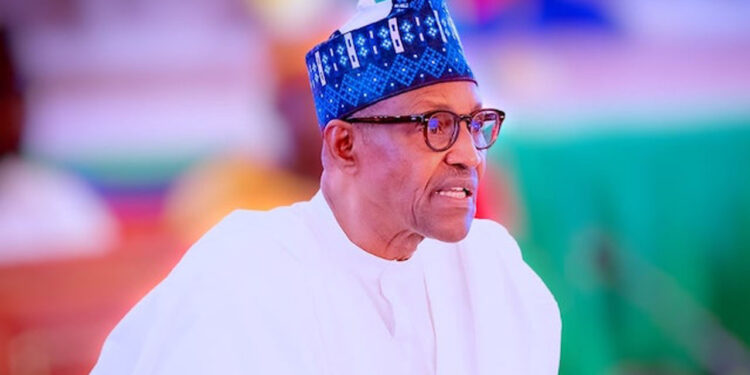Nigeria’s former president Muhammadu Buhari died on the 13th of July, 2025, in a London clinic after a prolonged illness. He died at the age of 82. Buhari’s passing marks the close of a turbulent chapter in Nigerian history one that spanned from military rule to democratic election victories.
From Military Coup To Democratic First
Buhari first claimed power in 1983 through a military coup, ruling for less than two years bwfore his overthrow in 1985. In 2015, he re-emerged politically, winning the presidency as the first opposition candidate to unseat an incumbent, ending years of one-party dominance.
He won re-election in 2019, yet frequent health-related absences during his second term sparked concerns over leadership and succession.
Achievements: Anti-Corruption and Tech Engagement
Buhari made anti-corruption the centrepiece of his war policy. He recovered millions in looted funds and tightened public finance controls, through critics said those efforts sometimes targeted political rivals.
During his civilian presidency, he courted Big Tech, welcoming leaders like Meta’s Mark Zuckerberg and Microsoft’s Brad Smith. Under his watch, Nigeria’s ICT sector rose from 8.5% to nearly 20% of GDP by 2023, broadband access jumed and fintech unicorns like Flutterwave, Opay and Interswitch emerged.
Controversies: Security, Economy And Online Censorship
Despite his intentions, Buhari struggled to root out Boko Haram and other insurgencies. Violence surged, displacing millions across the Sahel.
His economic policies led Nigeria into recessions in 2016 and 2020, amplified by a collapsing naira and soaring inflation.
In 2020, his government violently suppressed the #EndSARS protests, with soldiers killing at least 12 civilians. The administration brushed off criticism for its initial silence and asserted that protesters threatened national stability.
Buhari also ordered a seven-month ban on Twitter in 2021 after the platform removed one of his tweets. The ban stifled free expression and drew global backlash.
Balancing Reform And Repression
Political observers describe Buhari as a “converted democrat” who fought corruption and modernized governance but he also reasserted authoritarian controls. His tenure mixed strict discipline with democratic checks.
He viewed himself above politicians “I belong to everybody and I belong to nobody”. Yet, critics label his leadership “very ineffective”, blaming his economic missteps and inability to curb extrimism.
National Mourning and Tributes
President Bola Tinubu ordered Nigeria to observe seven days of national mourning, flew flags at half-mast and sent Vice-President Shettima to London to bring Buahri’s body home.
Ngozi Okonjo-Iweala, WTO Director-General and former finance minister, praised Buhari’s integrity and said she remained unaware of how severe his condition had become before his death.
A Mixed But Enduring Legacy
Buhari leaves behind a country shaped by his stern brand of leadership. He released central control of public finance, encouraged tech growth and executed sweeping anti-corruption measures. However, his legacy bears the scars of economic downturn, insecurity, protest suppression and restricted civic freedoms.
He inspired trust among many for his incorruptible image yet critics claim he squandered initial goodwill. As Nigerians reflect this week, history will remember him as both a patriot and a polarizing figure.




